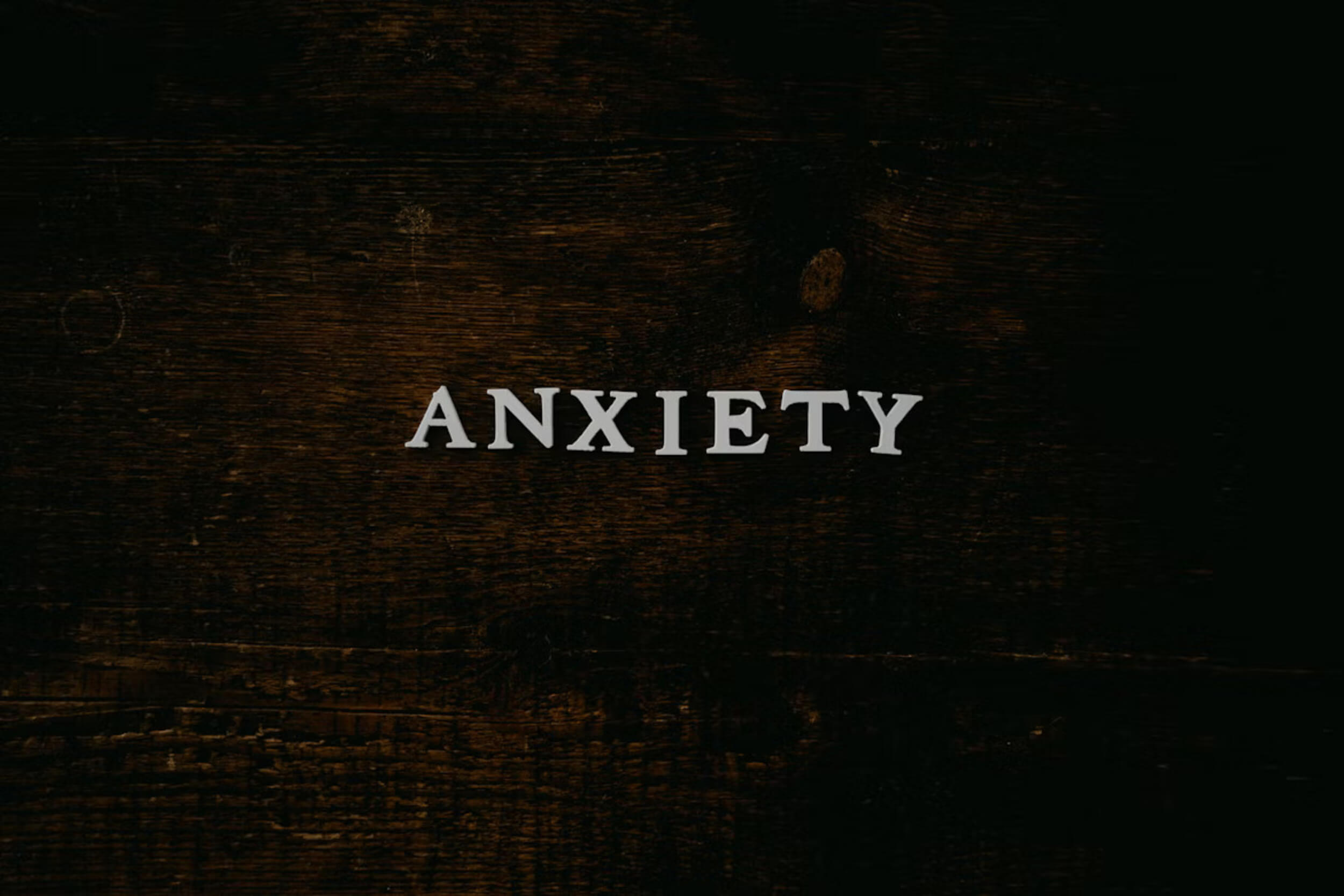Many people feel anxiety when life gets stressful. It’s the body’s built-in alarm system, and it can show up as a fast heartbeat, tight muscles, or a worried mind that won’t settle down. Those reactions are normal in short bursts. The problem begins when the worry stays, grows, and starts interfering with sleep, focus, work, or everyday routines.
Another layer to this is how the brain reacts when stress builds up. The nervous system becomes sensitive, and simple things can feel overwhelming. Natural habits can help calm this response. These coping skills for managing anxiety work by easing physical tension, slowing breathing, and helping the mind stay grounded. Small changes practiced each day create more balance and give the body a chance to reset.
Some people also benefit from adding therapy or medical guidance, especially when symptoms get too strong to handle alone. Professionals often combine lifestyle habits with treatment plans because both support long-term progress.
With this foundation in mind, the next steps walk through expert-backed skills that can help you feel more steady and in control.
How Anxiety Affects the Body and Mind
Stress can activate the brain’s built-in alarm system, the amygdala. When that switch flips, the body reacts fast — your heart beats quicker, your chest feels tight, and restlessness creeps in. This is the same system meant to protect you from danger, but anxiety keeps it running longer than needed.
Another thing that happens is the mind becomes harder to steady. People often deal with intrusive thoughts, trouble focusing, or constant overthinking. These mental patterns can make small problems feel much bigger.
Physical changes also show up. Tight shoulders, faster breathing, an upset stomach, or sudden waves of discomfort are common. These symptoms can drain your energy and make daily tasks feel harder.
Consistent calming habits help slow these reactions down. With time, they teach the brain and body how to settle quicker during stressful moments.
With that foundation in mind, here are natural strategies experts rely on and how they can support your coping skills for managing anxiety.
Expert-Recommended Natural Coping Skills
Each strategy in this list supports a different part of the anxiety cycle. Some calm the body, others steady the mind, and some shift daily habits that increase stress without you noticing. These practices work best when used regularly, not only during panic or worry spikes. Repetition helps the brain build healthier stress responses over time.
These expert-supported habits offer simple ways to strengthen your coping skills for managing anxiety and feel more grounded day to day. Below is a clear breakdown of the skills and how to use them.
1. Deep Breathing for Calming the Nervous System
Slowing your breath is one of the quickest ways to quiet anxiety. When breathing becomes steady and controlled, the heart rate drops, muscles loosen, and the brain receives a signal that the body is safe. This is why therapists often start with breathing exercises as a first step.
A helpful method is diaphragmatic breathing — letting your belly rise on every inhale and fall on every exhale. Another simple technique is box breathing: breathe in for four seconds, hold for four, exhale for four, hold again for four.
Making this a daily habit builds strong coping skills for managing anxiety, especially during moments when your body reacts before your mind can catch up.
2. Grounding Techniques to Interrupt Racing Thoughts
Racing thoughts can pull you into fear fast, and grounding helps break that cycle. Grounding brings your attention back to the present using things you can see, touch, hear, smell, or taste.
The 5-4-3-2-1 method is a common tool:
- 5 things you can see
- 4 things you can touch
- 3 things you can hear
- 2 things you can smell
- 1 thing you can taste
Holding a cold object, pressing your feet into the floor, or focusing on a familiar texture can also calm your mind. These techniques help build coping skills for managing anxiety by teaching your brain how to return to the moment instead of spiraling into worry.
3. Limit Stimulants That Heighten Anxiety
Caffeine, nicotine, and sugary foods can make anxiety symptoms stronger by pushing the nervous system into overdrive. That extra boost might feel harmless, but it often leads to jitters, rapid heartbeat, or trouble sleeping.
Switching to herbal tea, water, or balanced snacks can keep your energy steady without triggering anxiety spikes. Even small cuts in daily intake can lead to noticeable changes in calmness and sleep quality.
These shifts support long-term coping skills for managing anxiety by reducing the pressure placed on the body and mind.
4. Move Your Body to Release Tension
Physical activity is one of the most reliable ways to lower stress hormones. Movement also boosts endorphins, which help naturally lift your mood. You don’t need intense workouts—gentle activities work well.
Try walking, stretching, yoga, or low-impact routines. Even 10 minutes can help release built-up tension from sitting, worrying, or overthinking.
Consistency matters more than intensity. Showing up for your body daily helps create strong coping skills for managing anxiety without exhausting yourself.
5. Practice Healthy Sleep Habits
Anxiety gets worse when the brain is tired. Poor sleep affects focus, mood, and the body’s ability to stay calm.
Setting a stable sleep schedule is one of the easiest ways to help your mind recover. Turning off screens an hour before bed, keeping the room cool and dark, and using calming rituals like stretching or slow breathing can make a big difference.
Experts often encourage simple nighttime habits because quality rest supports the brain’s stress response and strengthens coping skills for managing anxiety.
6. Journaling to Organize Thoughts and Emotions
Writing helps untangle thoughts that feel messy or overwhelming. Putting feelings on paper gives you a clearer view of what’s going on inside, which can lower stress.
Therapists often use journaling to help people spot worry patterns or identify situations that trigger anxiety. It doesn’t have to be long—just a few sentences a day can help release mental tension.
Regular journaling is another way your coping skills for managing anxiety grow stronger over time.
7. Build a Support System You Can Trust
Reaching out to others makes anxiety easier to handle. Sharing your feelings with someone you trust can reduce emotional pressure and help you see things from a different angle.
This can be a friend, family member, mentor, or support group. Meaningful connection gives your mind a break from carrying everything alone.
Stronger support systems lead to stronger coping skills for managing anxiety because you gain comfort, reassurance, and balance.
8. Practice Mindfulness to Steady the Mind
Mindfulness means paying attention to what’s happening right now without being hard on yourself. Studies show it can reduce worry and help the brain respond instead of react.
Simple practices work well: slow breathing, mindful walking, or listening to guided audios. These habits help the mind return to the present instead of getting pulled into what-ifs or worst-case thoughts.
Mindfulness slowly reshapes your coping skills for managing anxiety, making stressful moments feel easier to handle.
9. Manage Your Daily Triggers Wisely
Knowing what sets off your anxiety gives you a huge advantage. Some people feel anxious when their schedule is overloaded. Others react to certain places, situations, or people.
Once you notice the patterns, you can adjust. This might mean planning breaks, saying no more often, or removing small stressors from your routine. Even tiny changes help reduce emotional overload.
Managing triggers is one of the most practical coping skills for managing anxiety because it prevents stress before it builds.
10. Reduce Alcohol and Recreational Substances
Alcohol can numb anxiety in the moment, but it often worsens symptoms once the effect fades. Some substances can also increase panic-like feelings, especially for people already sensitive to stress.
Cutting back or quitting can improve sleep, mood, and overall health. If stopping feels difficult, talking to a professional or joining a support group can help.
Reducing substances protects your coping skills for managing anxiety and keeps your body and mind more balanced.
When Natural Strategies Need Extra Support
Natural techniques help many people, but sometimes they aren’t enough on their own. When anxiety starts interrupting work, relationships, or daily routines, it may be time to get extra help. Severe panic symptoms, constant fear, or avoiding important tasks are also signs that support may be needed.
Mental health professionals can offer therapy, evaluation, and treatment plans based on your situation. These options are backed by research and are tailored to your needs, making them reliable tools for long-term improvement.
Early support can prevent anxiety from getting heavier and harder to manage. Reaching out is a strong step toward feeling better.
A short conclusion ties everything together and highlights the most helpful points.
Final Thoughts on Managing Anxiety Naturally
Anxiety becomes easier to handle when you use steady, supportive habits. Each skill in this guide targets a different part of anxiety—whether it’s physical tension, emotional overwhelm, or thoughts that move too fast.
Trying one or two habits at a time helps you build a routine that feels realistic. Small changes lead to big progress when they’re used consistently.
Finding the right mix of strategies creates a future where you feel calmer, clearer, and more in control of your day.















